Owen Platt, writing in Bodyguard: The Secret Plan that Saved D-Day (2004), discusses at length the activities of the British Intelligence and SOE in Europe during the war. He notes:
More entertainingly, and far less distressing are the number of books and memoirs published by "agents" after the war depicting their purported deeds behind enemy lines. Many of these have been exposed as fraudulent by Nigel West in his book, "Counterfeit Spies," detailing the activities of these Walter Mitty-like characters. One enterprising lady, Roxanne (sic) Pitt, accomplished the notable feat of selling the totally fictitious memoirs of her derring-do to two separate publishers with only the slightest changes in content and title. The changes she made to the events recorded in her second book were sufficient to totally undermine whatever credibility she might have had. Both volumes were a tribute to her imaginative gifts however, as she recounted incredible tales of her exploits behind German lines. As far as is known, she had never left the United Kingdom during the war.Pitt's fiction is still often taken as fact, as can be seen in the 1992 academic anthology Visions of War: World War II in Popular Literature and Culture edited by M. Paul Holsinger and Mary Anne Schofield. Co-editor Schofield, in an essay ironically entitled "Telling the Truth: Women Spy Narratives of the Second World War", equally ironically notes:
Of all the stories of female spies told by women, Roxanne (sic) Pitt's account, The Courage of Fear, is the closest to the proverbial one that everyone thinks is the "true" spy account. It clearly defines the use and misuse of sex in the field ... as well as "romance"; indeed, her account is dogged by masculine advances that she does not want and does not understand. Ultimately, she uses romance as one of her many covers. And yet, despite the sexual overtones, her entire account is written to expose, rather than glorify, the glamour of spying.Nigel West, in The Historical Dictionary of Sexspionage (aka The A to Z of Sexspionage, 2009) identifies Pitt's first book as an early example of fabricated tales mixing seduction and espionage.
Plenty of women have been willing to write books in which they invented espionage adventures during World War II for themselves. Elizabeth Denham started the genre with I Looked Right in 1956, describing her infiltration into Nazi-occupied France, and was followed by Roxane Pitt, who wrote The Courage of Fear in 1957 and Operation Double Life in 1975, recalling her clandestine assignments in Italy.That she was in Italy shortly before the war would appear to be true. A number of websites dedicated to the history of the Second World War mention the exploits of Roxane. Her story was published in Italy in 1957 as La spia timida (Longanesi editore),which eventually led to the publication of a book about her, Il registro della spia by Federico Maria Muccioli (2007).
Antonio Montanari's memoir I giorni dell'ira (Day of Anger) summarizes most of the information available on the internet thus (and you'll have to forgive my stilted translation): in the late 1930s, Roxane Pitt, under the name Albertina Crico, was teaching literature at the Serpieri High School of Science and Gymnastics, in Rimini, a coastal city in the north-east of Italy.
A former student testified: "She was young, beautiful, casual, elegant and always well-coiffed. Lived at the Aquila d'Oro [Golden Eagle], the largest and most luxurious hotel in the city center at the time. She was my teacher of school year 1938-39. Well prepared, available to pupils, not overly fussy. We were fascinated by her appearance, which was very modern. Even today, one would notice a woman like her."
Albertina Crico related some of her adventures in Rimini, Forli and San Marino; she taught at various institutions in 1942-44. She spent several months at the Hotel Titano alongside many other stragglers, deserters, criminals and spies who had escaped into the sovereign state when the Germans invaded Italy.
From what little I have been able to find through the internet, Crico was born in Aden, Yemen, on 15 May 1907, the daughter of a colonial agent, but was raised in Milan.Pitt claimed that she was a descendent, on her father's side, of the Prime Minister. The first sign of her in the UK can be found when, as Albertina Crico, she married Edward John Woollven Wickens (1905-1990) in Westminster in 4Q 1945. The marriage did not last: a few years later, in 1948, Wickens married Peggy Jackson and became a postman in Rottingdean, Sussex. In 4Q 1949, Albertina Wickens married Danto Ceci in Marylebone.
As Albertina Ceci she lived at 28 Alexandra Court, Westminster (fl. 1955-60) and, following the publication of her book The Courage of Fear in 1957, became better known as Roxane A. Ceci, under which name she lived at 26 Holland Villas Road (fl. 1962) and 46 Queen's Gate Gardens, South Kensington (fl.1963-65).
After that, the trail goes cold. However, her death has been traced. Commonly given as 1994, this has proven to be in error. Her death was registered in Kensington & Chelsea in October 1995. She had married one Dudley Tudor and was registered as Roxane Albertina Tudor.
Books as Roxane Pitt
The Courage of Fear. London, Jarrolds, 1957; abridged, London, Digit Books, 1959.
Operation Double Life: An Autobiography. London, Bachman & Turner, 1975 [1976].
The Month of the Evil Moon. London, Bachman & Turner, 1978.
(* My thanks to Louise Williams for correcting some speculation I made over Albertina Crico's death and confirming that the 1994 date of death given in Muccioli's Il registro della spia was in error.)



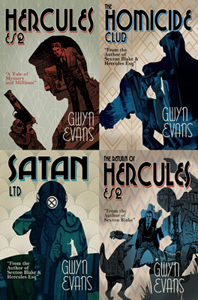
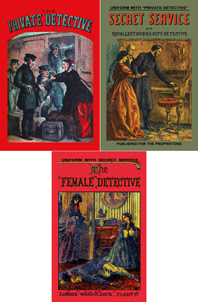



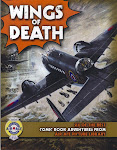





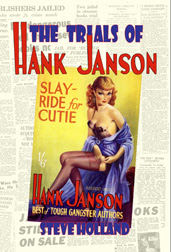


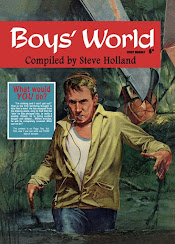


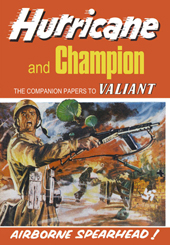
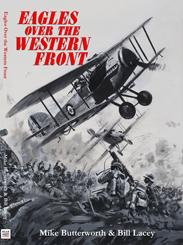









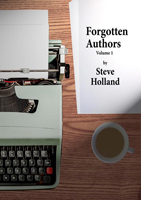



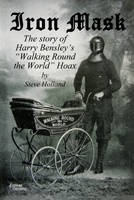
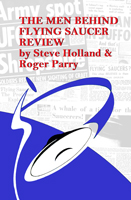

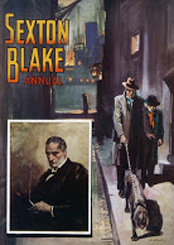




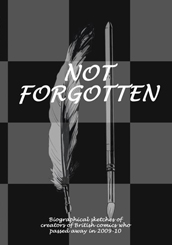

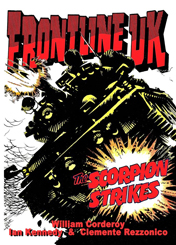
Contessa Albertina Crico is listed as being present at the air raid if Bari in December 1943 by Naomi Jacob in her autobiography Me and the Mediteranean smoking on the pier as the air raid targetted British ships and the dockland area.(1944)
ReplyDeleteIn Me- likes and Dislikes, she discusses Tina Ceci (and Dan) and how she worked with her in Bari as ENSA welfare support but that she had other army roles, including finding out whether she had any 'sympathies with the Italians'. She also describes Tina losing her family in Paris.
Naomi Jacob's novel Antonia is dedicated to Tina Ceci, the bravest woman I know.
More info is also available here:
https://www.google.com/amp/s/www.lagazzettadelmezzogiorno.it/news/puglia/150727/fronte-del-porto-alliprite-per-bari.amp